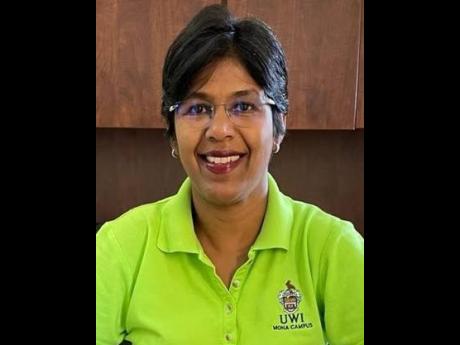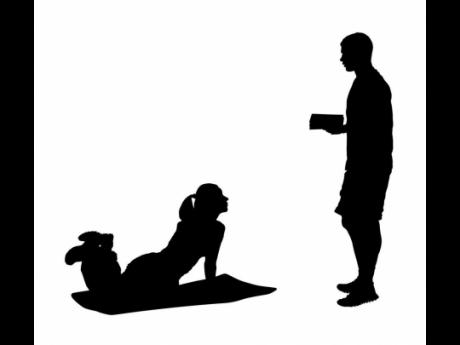What Do We Want in an Elite Coach?
ACCORDING TO the International Olympic Committee (IOC), “a good coach is positive, enthusiastic, supportive, trusting, focused, goal-oriented, knowledgeable, observant, respectful, patient and a clear communicator”. The committee goes on to list...
ACCORDING TO the International Olympic Committee (IOC), “a good coach is positive, enthusiastic, supportive, trusting, focused, goal-oriented, knowledgeable, observant, respectful, patient and a clear communicator”.
The committee goes on to list 10 key qualities of a good coach. The first is having a good understanding of the sport. While basic knowledge will prepare a coach for introducing a sport to people, teaching at an elite level requires advanced knowledge that exceeds the basic skills. This means that a good coach must have a passion for learning.
Advances in sports science and technology drive continuous changes in training techniques, injury prevention methods, and even the rules of the game. A good coach must be a constant learner who stays abreast of changes. According to the IOC, good coaches must “expand their knowledge base to include topics like nutrition, psychology, and exercise physiology”.
While gaining knowledge is important, one must also be able to convey that knowledge to others. An elite coach is essentially a teacher, and the best way to develop one’s skill in imparting knowledge is to teach. A good coach must be willing to engage with others and share in their knowledge. This helps to develop confidence, comfort, and flexibility in approaches to educating others.
A good coach must be able to motivate their athletes to higher levels of performance. To do so, they must understand their athletes. Sport is one of the areas that necessitate a convergence of people from the full cross section of a society.
An elite coach must be able to respect the individual differences of the athletes and know how to challenge them whilst maintaining a stimulating and fun training environment. According to the IOC, “paying attention to the athlete’s emotions, strengths, and weaknesses are all responsibilities of a good coach”.
A good coach must be an effective communicator. This implies also being a good listener, since communication encompasses both sending and receiving information. According to the IOC, “the effective coach is one who communicates well and exudes credibility, competence, respect and authority”.
Use of appropriate language when communicating with athletes, setting clear goals, including athletes in decision-making and discussions, having an open and welcoming manner, are all elements of good coaching and elite coaching.
A GOOD COACH
IOC suggests that a good coach should be “disciplined, of strong character and have integrity … . A good coach adheres to the same rules he/she expects of athletes and leads by example”. The athlete-coach relationship requires trust. Coaches who lack integrity will never build trust with their athletes, nor will they obtain good compliance when disciplining athletes.
Number 10 on the IOC’s list states that “a good coach displays commitment and clear passion for the sport”. This is an essential quality, especially in the Caribbean where coaches are paid very little or not at all.
In a 2021 collaborative project involving The University of the West Indies Faculty of Sport, the Resource Center for Sports Expertise and Performance in the Antilles Guyane (CREPS Antilles Guyane), and the Faculty of Sport Sciences Université des Antilles, elite/high level coaches and sports administrators were asked to describe characteristics that they thought were important when hiring an elite coach for a national team. Coaches and administrators had similar views.
The characteristics identified could be classified under the following broad categories: academic qualifications, coaching experience, interpersonal skills, leadership skills and cultural sensitivity, characteristic that are all contained on the IOC’s list of 10 key qualities.
Coaching experience and academic qualifications were mostly considered equally important. However, it was stated that, many times, experience was prioritised because of little variation in the academic qualifications of local coaches. While it is not unusual to adjust employment criteria based on the pool of applicants, this practice does not aid elite sport development locally and regionally.
It is important to set the bar and implement appropriate policies and structures that will motivate persons to reach the set standard.
Excellent communication skills were deemed essential and included both verbal and non-verbal communication. Other important interpersonal qualities included being respectful and approachable. Important leadership skills identified included management skills, integrity, strong moral values, mentoring capabilities, analytical skills, ability to create cohesive units, flexibility, adaptability, decisiveness, goal-oriented and being a visionary.
Cultural sensitivity was also considered important. Because the Caribbean is very diverse, a good understanding of the complexities associated with religious backgrounds, ethnicity, socio-economic divisions, challenges faced by different communities and the bureaucratic structures and norms was viewed as essential for an elite coach to operate in the region. Passion for the sport and for coaching was another important quality identified by two of the groups.
What coaches and administrators view as being important for hiring an elite coach is well aligned with the IOC’s key attributes of a good coach. The question is: Do we have structured mechanisms for developing these in our region?
Sport Pulse and Sport Matters are fortnightly columns highlighting advances that impact Sport. We look forward to your continued readership.
- Dr Roopchand Martin is the head of the Mona Academy of Sport and can be reached at sharmella.roopchandmartin@uwimona.edu.jm



